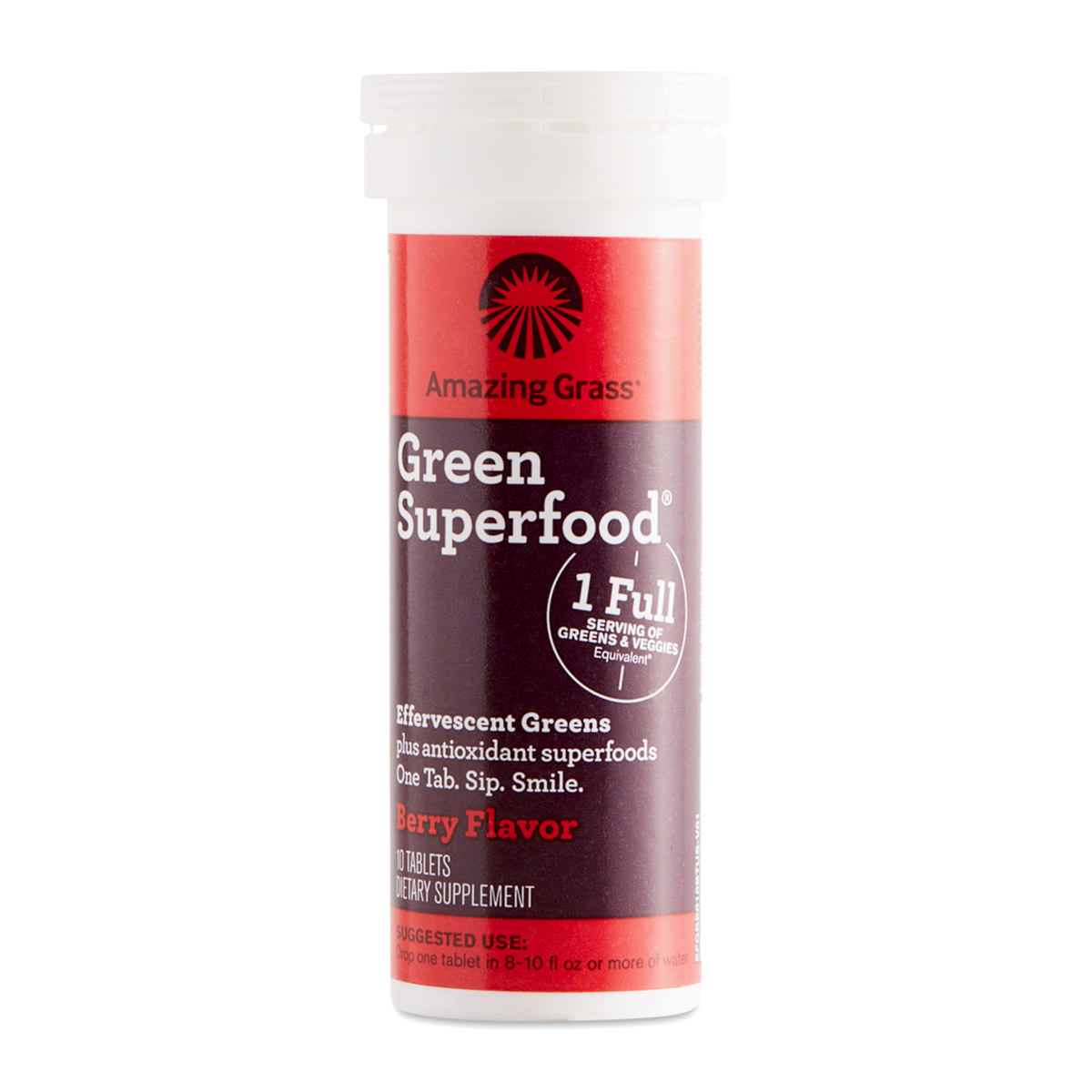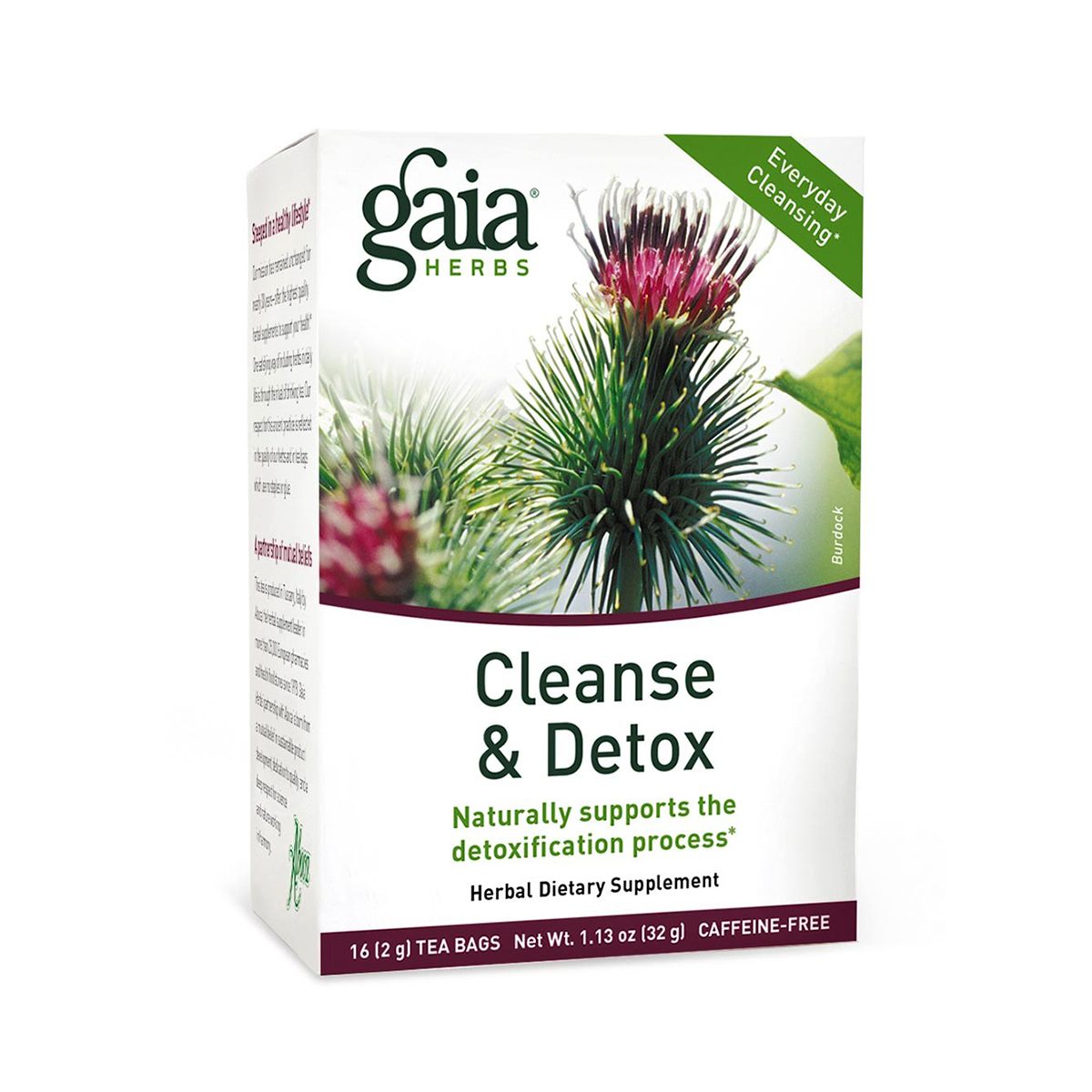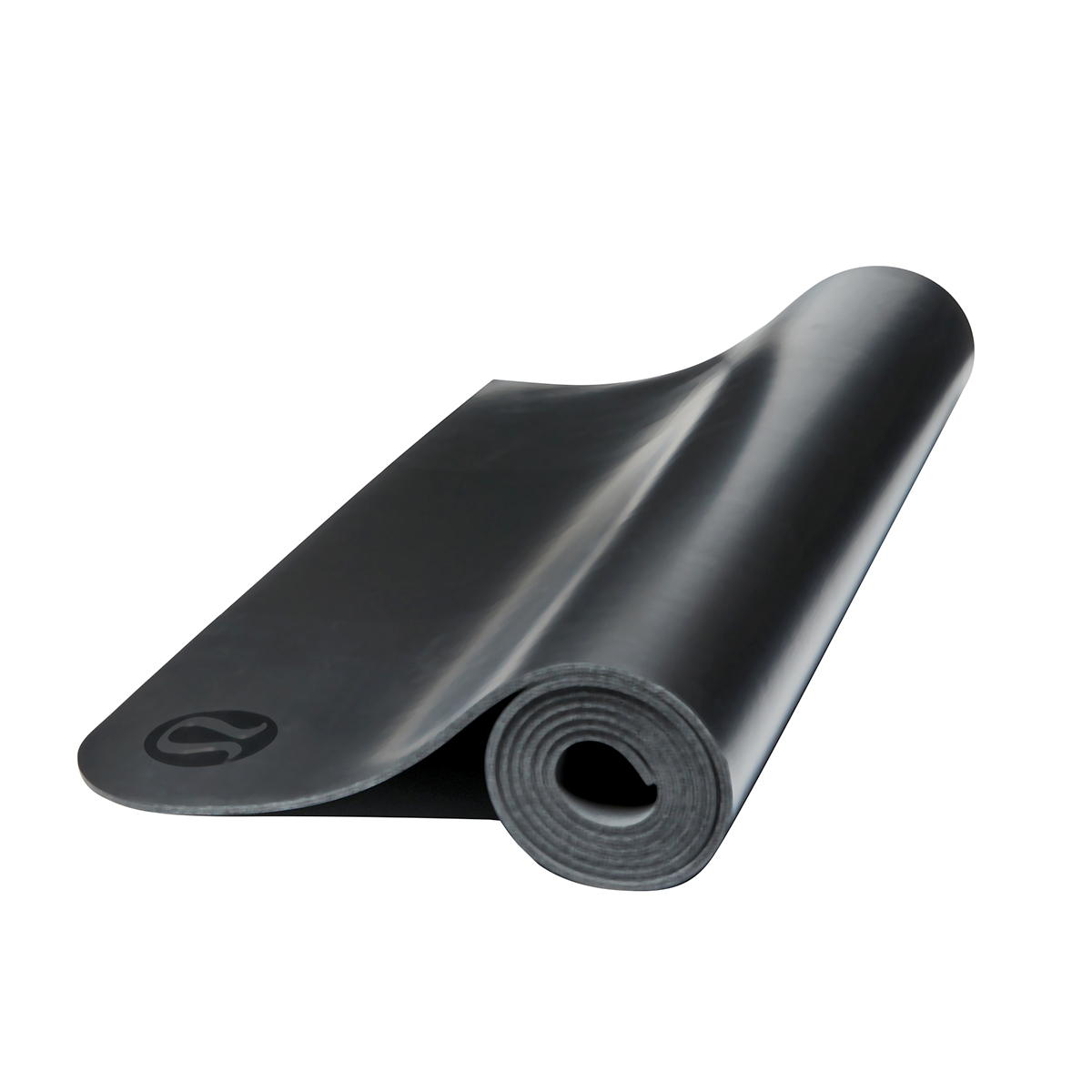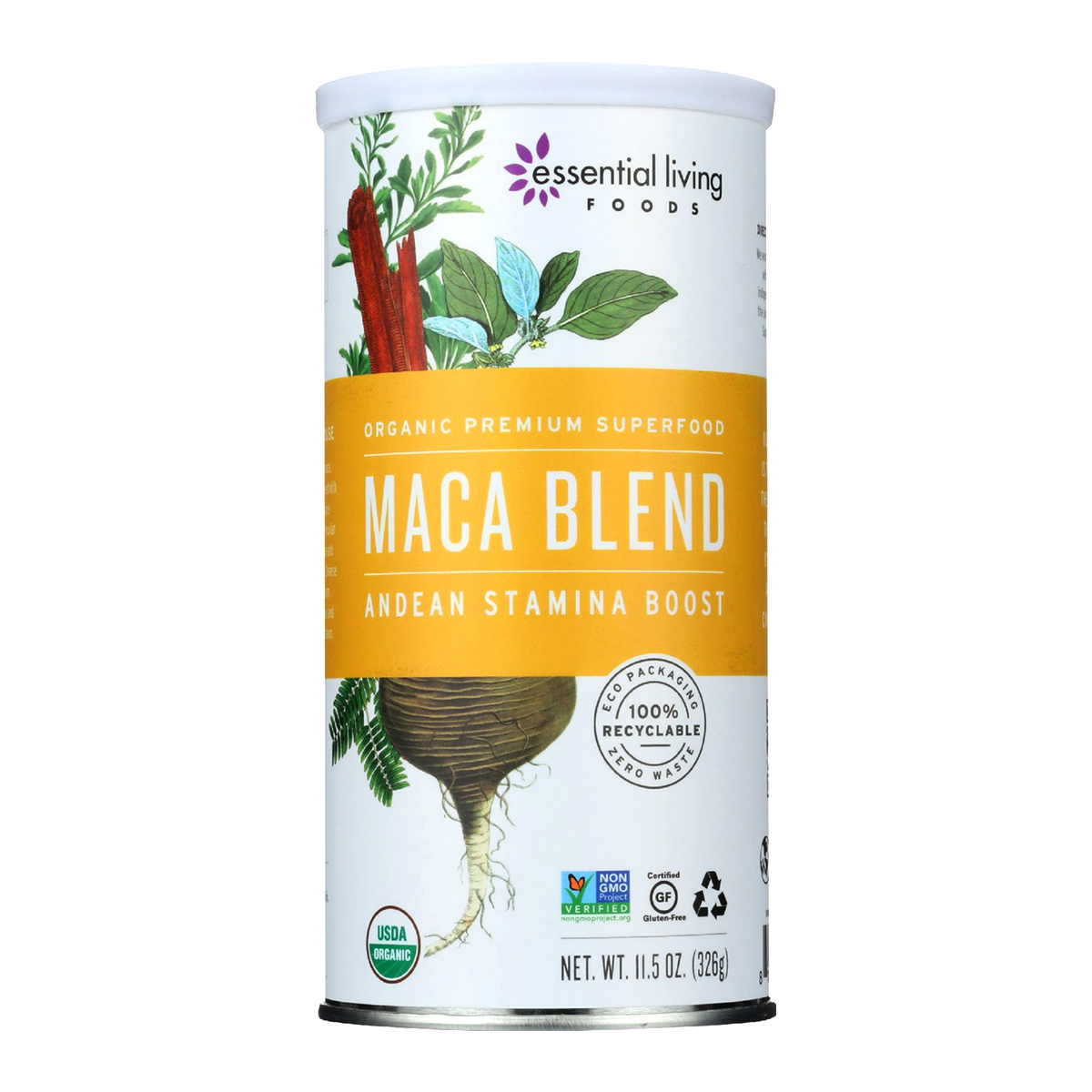9 Signs Your Stress Is Getting Out of Hand (and What to Do)


Are you stressed? Probably. Aren’t we all? We have to get all our work done, see all our friends and family, navigate the dynamic nature of life, and the inevitable ebb and flow of different relationships, and sometimes, our own inner battles. Life should be joyous, and it is, but it’s also stressful. So how do you know that stress is affecting you? The thing is that you might think stress is all in the mind, but it can manifest itself in myriad ways.
“When we are stressed, we are in fight-or-flight mode. Stress hormones flood the body and have a number of physiological effects, evolutionarily designed to increase energy and alertness so that we can avoid danger,” explains nutritional therapist Hannah Braye. “Chronic stress can lead to long-term alterations in bodily processes, and this can have a number of effects to our health,” she adds. From bad skin to trouble sleeping, below Braye shares nine ways stress could be affecting you. Any sound familiar?
Irritated Skin
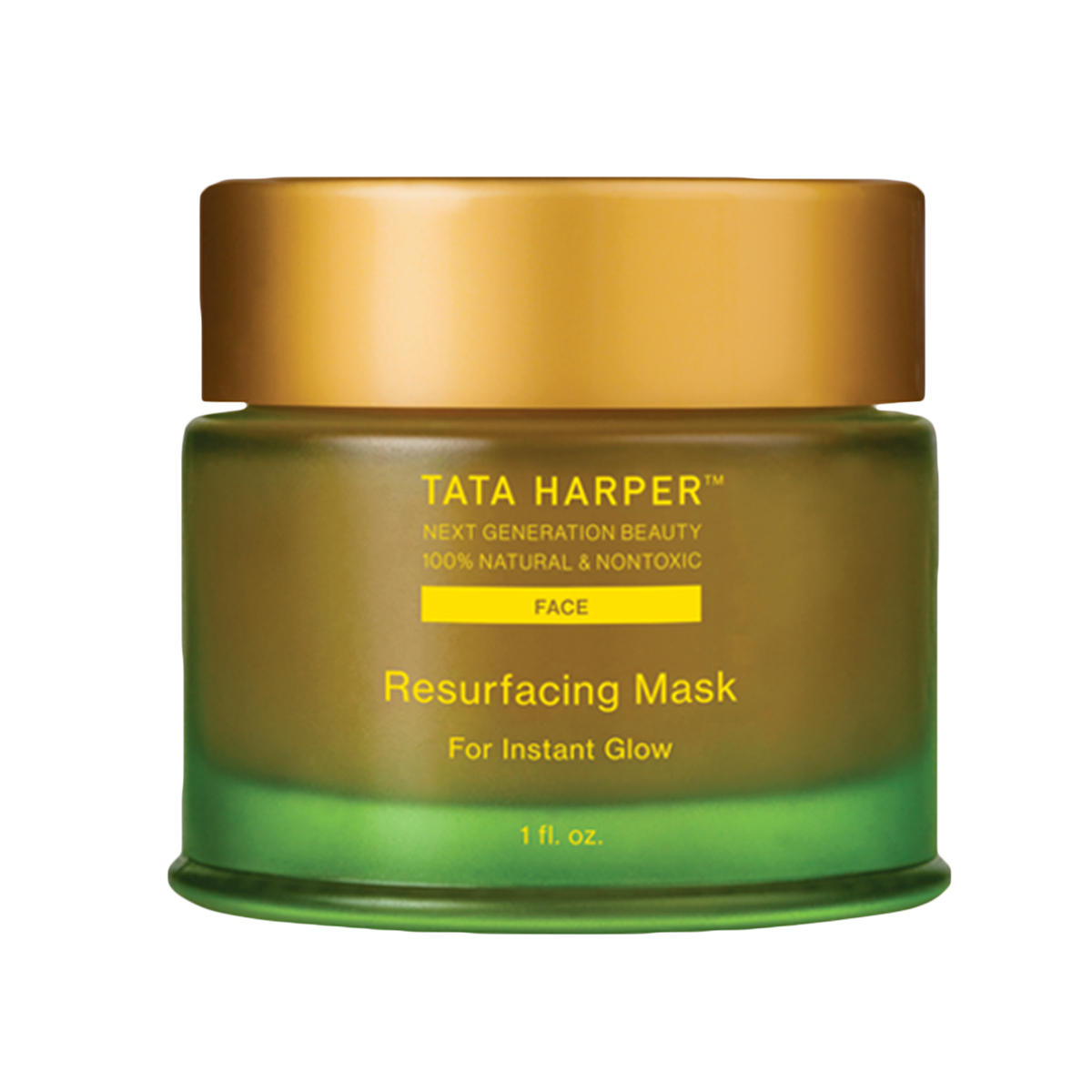
Stress has long been associated with many common skin conditions and can be both the cause of their onset or an aggravator. Stress hormones like cortisol are thought to trigger the release of inflammatory compounds by skin cells, contributing to conditions such as psoriasis, atopic eczema, alopecia, rosacea, and acne, which can affect confidence and be a source of further stress in themselves.
Digestive Discomfort
Our brain and digestive system are connected via the vagus nerve, so when our brain is stressed, symptoms will often manifest in the gut (and vice versa). It’s no surprise that stress is one of the biggest triggers for irritable bowel syndrome (IBS). Stress can disturb the mixture of bacteria in our guts, reducing the number of beneficial strains, which in turn increases the risk of a pathogenic overgrowth. Taking a good quality live bacteria supplement, such as this splurge-worthy probiotic-rich coconut yogurt, can help replenish depleted beneficial gut flora, keeping the microbiome in balance and potentially helping with a diverse range of stress-related gastrointestinal disorders.
Food intolerances
Food intolerances can manifest when the cells lining our digestive tract become damaged, allowing larger food proteins to cross into circulation (known as “leaky gut”). This confuses the immune system, triggering an inflammatory response when certain foods are eaten. Stress not only disturbs our protective gut bacteria, but it has also been shown to contribute to the development of leaky gut, increasing the risk of food intolerances. Foods and supplements rich in collagen can help prevent this type of damage.
Lowered immunity
Cortisol (our stress hormone) suppresses immune cells, meaning our ability to fight off germs, viruses, and other foreign invaders is reduced, leaving us more susceptible to infections when we are stressed. Studies have shown that individuals with the most stressful life events and highest levels of perceived stress have the greatest probability of developing cold symptoms.
Autoimmune Conditions
Despite the suppressive effect of stress on the immune system, chronic stress can also be the trigger for, or exacerbate, autoimmune conditions, such as rheumatoid and psoriatic arthritis, autoimmune thyroid disease, irritable bowel disease, and MS, which involve an overactive inflammatory response by the immune system, leading to self-destruction of the body’s own tissues.
Insomnia
Despite often feeling tired throughout the day, many highly stressed people have difficulty getting off to sleep or staying asleep through the night. Getting a second wind of energy just as you should be going to bed is a classic sign that our adrenal glands (which control our stress response) are struggling. Stress hormones can cause hyperarousal, upsetting the balance between sleep and wakefulness. This creates a vicious cycle, as stressful situations are much more difficult to cope with when you are tired, leading to further stress.
Anxiety/Depression
Both anxiety and depression are positively correlated with high stress levels, and particularly stressful periods are often a trigger for panic attacks and low mood. Stress reduction and being gentle on yourself, therefore, play a key part in managing mood disorders. Chronic stress can also affect our memory and concentration, as cortisol reduces activity in the hippocampus part of our brain (responsible for memory) and increases activity in the amygdala, making us feel more panicked.
Low Libido
Stress can be a real passion killer for a number of reasons, but not least because it can interfere with your sex hormones. The stress hormone cortisol is made from the same building blocks as estrogen, progesterone, and testosterone. If the cortisol pathway is up-regulated, our sex hormone pathway will be down-regulated in order to cope with the increased demand, and this can have a negative impact on libido.
Reduced fertility

Stress is thought to potentially play a role in up to 30% of infertility problems, and stress-reduction techniques are often found to positively correlate with increased chances of conception, due to associated reductions in cortisol levels, regulation of proteins within the uterine lining involved in implantation, and increases in blood flow to the uterus.
This post originally appeared on Byrdie UK and has since been updated by Erin Jahns.
Disclaimer
This article is provided for informational purposes only and is not intended to be used in the place of advice of your physician or other medical professionals. You should always consult with your doctor or healthcare provider first with any health-related questions.

The Olsen twins.
Who are your 5 favorite people to follow on Instagram?@lisaeldridgemakeup @beautyisboring_ @beautylookbook @thecoveteur @hannahbronfman
What's the beauty essential you can’t live without?My Foreo Luna Mini - it has transformed my skin (oh, and Retinol - can I have two?)
What's your desert island album?Destiny's Child The Writing's On The Wall
-
 I Tried the Internet-Famous Sauna–Cold Plunge Combo—It Eliminated Skin, Sleep, and Stress Issues
I Tried the Internet-Famous Sauna–Cold Plunge Combo—It Eliminated Skin, Sleep, and Stress IssuesHere's my unfiltered experience.
By Kaitlyn McLintock
-
 If You're Super Stressed Out, These 17 Things Can Make You Feel Better
If You're Super Stressed Out, These 17 Things Can Make You Feel BetterTry them.
By Sarah Yang
-
 15 Things to Do If You're Feeling Super Stressed at Work
15 Things to Do If You're Feeling Super Stressed at WorkHow to avoid burnout.
By Sarah Yang
-
 After Just 4 Sessions, I'm Completely Hooked on This Ancient Wellness Treatment
After Just 4 Sessions, I'm Completely Hooked on This Ancient Wellness TreatmentIt's surprisingly relaxing.
By Drew Elovitz
-
 The Best Essential Oils to Stock Up on for Anxiety Relief
The Best Essential Oils to Stock Up on for Anxiety ReliefThese have powerful soothing properties.
By Sarah Yang
-
 11 Stress-Relieving Workouts to Try When You're Overwhelmed
11 Stress-Relieving Workouts to Try When You're OverwhelmedThese will help.
By Sarah Yang
-
 These Relaxing Yoga Poses May Actually Help You Fall Asleep Tonight
These Relaxing Yoga Poses May Actually Help You Fall Asleep TonightBreathe in, breathe out, and set your phone to airplane mode.
By Lindy Segal
-
 I'm a Recent Acupuncture Convert—Here's Everything You Need to Know
I'm a Recent Acupuncture Convert—Here's Everything You Need to KnowThis won't hurt a bit.
By Lindy Segal

